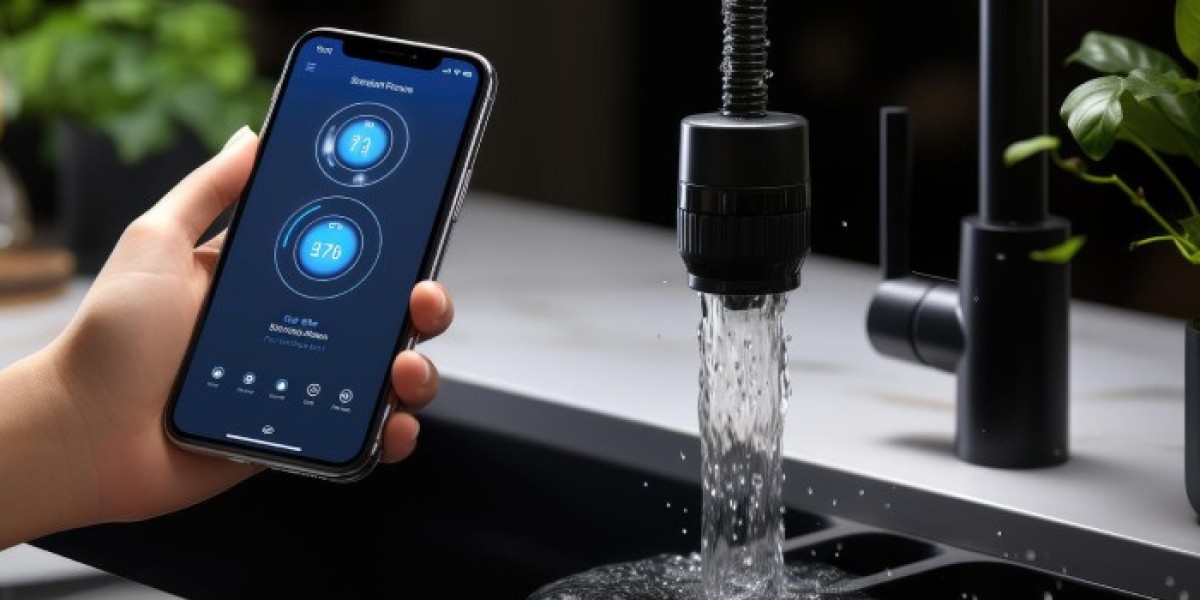Water is one of the most critical resources for life. With increasing urbanization and unpredictable weather patterns, the need for efficient water management has never been greater. This is where smart water management using IoT comes into play, offering advanced solutions to conserve water and optimize its use.
What is Smart Water Management Using IoT?
Smart water management involves using Internet of Things (IoT) technology to monitor, control, and manage water resources effectively. IoT devices, such as sensors and meters, collect real-time data on water usage, quality, and levels, helping authorities and users make informed decisions.
Key Components of IoT in Smart Water Management
Smart Water Meters Smart water meters are essential for tracking water usage accurately. They enable remote monitoring, providing real-time data to detect leaks and inefficiencies.
IoT Sensors Sensors monitor water quality, pressure, and flow. They help ensure the water supply meets safety standards and operates efficiently.
IoT Gateways Gateways act as bridges between sensors and cloud platforms, ensuring data is transmitted securely and reliably.
Cloud-Based Analytics Data collected by IoT devices is stored and analyzed in the cloud, enabling predictive maintenance and optimized water distribution.
Benefits of Smart Water Management Using IoT
Efficient Water Usage IoT systems provide insights into water consumption patterns, helping users save water and reduce costs.
Leak Detection Real-time monitoring allows for quick identification and resolution of leaks, preventing water loss.
Improved Water Quality Continuous monitoring ensures water remains safe and meets quality standards.
Sustainable Practices By optimizing water resources, IoT promotes sustainability and supports smart city initiatives.
Applications in Agriculture
Smart water management is revolutionizing agriculture. Through a smart irrigation system using IoT, farmers can monitor soil moisture and weather conditions, automating irrigation schedules. This reduces water wastage and enhances crop yield.
Role of IoT Device Management
Managing IoT devices is crucial for ensuring the efficiency of smart water systems. Reliable IoT device management ensures devices operate seamlessly, with timely updates and maintenance.
Real-Life Implementations
Cities worldwide are adopting smart water management systems. For instance, initiatives under AMRUT 2.0 in India aim to improve urban water supply using IoT technology. Companies like KarIoT are leading the way in implementing these innovative solutions.
Future of Smart Water Management Using IoT
As IoT technology advances, the potential for smarter water management systems will only grow. The integration of artificial intelligence and machine learning can further enhance decision-making, ensuring efficient and sustainable water use.
Conclusion
Smart water management using IoT is transforming how we interact with this precious resource. By incorporating technologies like smart water meters, smart irrigation systems using IoT, and robust IoT device management, we can create a sustainable future. Embracing these solutions today ensures a better tomorrow for all.









